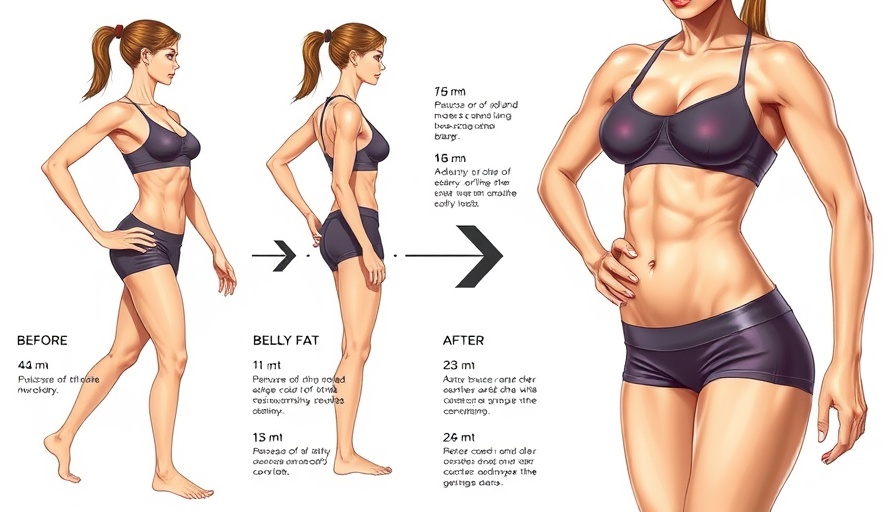
Unlocking the Power of the Hip Thrust Machine
As you step into a gym, the vast array of equipment can often be intimidating, but don't shy away—embrace the challenge! Among the valuable tools at your disposal is the hip thrust machine, a piece of equipment designed for targeted strength training of the glutes, core, and even hamstrings.
What is a Hip Thrust and Why Should You Care?
The hip thrust is a dynamic exercise aimed primarily at strengthening the glutes, many consider it a game-changer for lower body workouts. Whether you're a beginner or a seasoned gym-goer, integrating hip thrusts into your routine can have profound effects on performance and overall strength. Doing these exercises without a machine is possible, yet using a dedicated hip thrust machine offers unparalleled comfort and control, allowing you to focus on building strength safely.
Key Benefits of Using the Hip Thrust Machine
- Build Lower-Body Strength: Consistent use of the hip thrust machine can lead to noticeable strength gains in the glutes and hamstrings, offering a foundational strength that supports everyday movement.
- Improve Mobility: The three primary glute muscles work to enhance stability across the lower body, and thus hip thrusts can contribute to better mobility and reduced risk of injury.
- Enhance Athletic Performance: If lower-body strength is critical to your sport—be it soccer, running, or hiking—then the hip thrust machine will be a vital ally in improving your athletic capabilities.
Step-by-Step Guide to Using the Hip Thrust Machine
Getting started with the hip thrust is simple. Begin by familiarizing yourself with the machine's components; this knowledge ensures safety during your workout. Next, adjust the weights according to your level of experience. Whether you’re new to exercising or an experienced trainer, the hip thrust machine adapts to your personal strength allowing for an effective workout every time.
To make the most of your time at the gym, remember to integrate additional exercises for a well-rounded lower-body routine, such as bent-over rows or kettlebell swings. Each plays a crucial role in building overall strength and endurance.
Time to Get Thriving!
For gym owners and trainers, promoting the hip thrust machine is essential. Watching your clients thrive as they improve their strength and mobilize effectively can inspire others in their fitness journey.
Don't wait—take advantage of this incredible machine and watch your fitness journey flourish!
 Add Row
Add Row  Add
Add 




Write A Comment